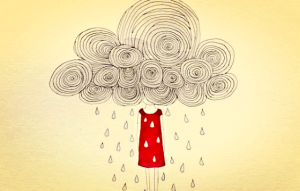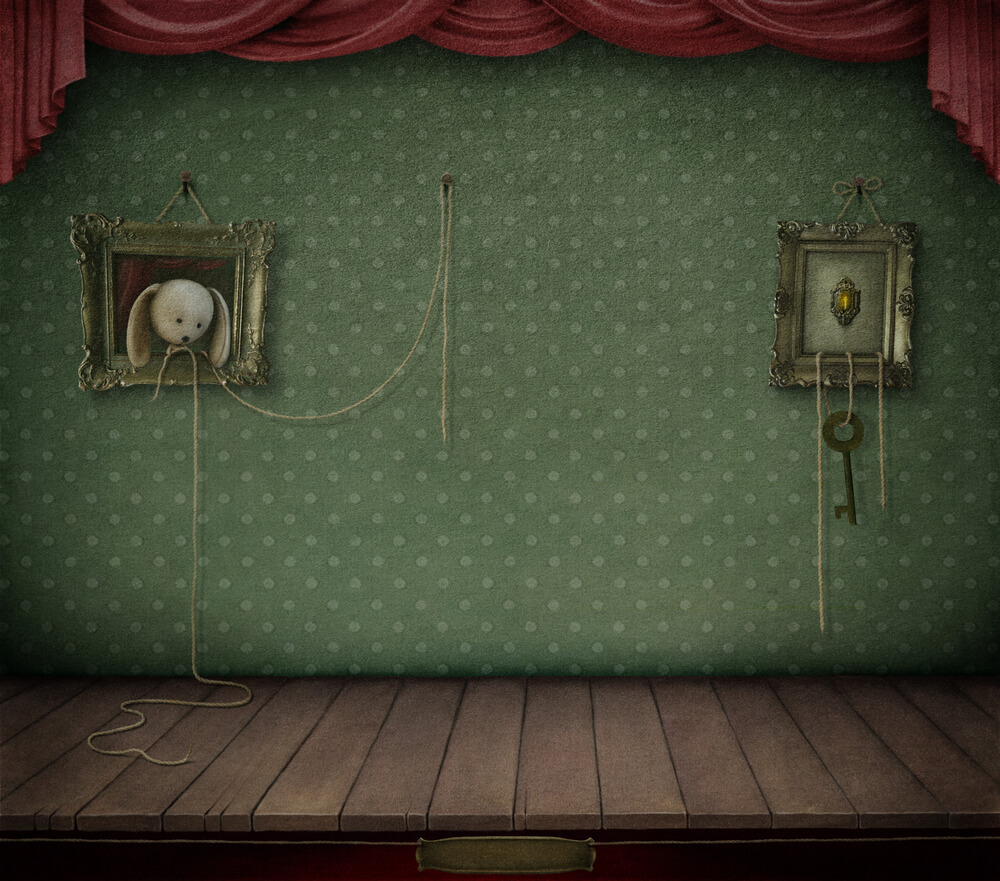Difficult People, or the Art of Making Things Harder than They Need to Be


Written and verified by the psychologist Valeria Sabater
Difficult people have a problem for every solution, disagree with everything, bring storms to clear skies. They are arrogant and robbers of peace. They’re complex and exhausting, and we have to learn how to deal with them if we want to be mentally healthy.
We’d love to be able to throw this type of personality into our “spam” folder, to a parallel dimension so our own world will stay intact. However, if we know anything, it’s that whether it’s in our family, workplace, or friend group, we’ll always have to live with difficult people.
Confucius said that there are people who seem to find reward in finding other people’s failures. If it’s our partner or parent, it can be devastating.
The “difficult” personality, which we’re understanding as one that displays erratic, inconsistent, narcissistic, manipulative, and at moments even psychologically aggressive behaviors, is actually quite nuanced.
Let’s dive into the art of making things harder than they need to be.

Difficult people, or the ability to see the world from a negative point of view
We are all difficult in our own way. Each of us has fears and insecurities, frustrations and anxieties. However, the main difference is that people at the extreme end of the spectrum are unable to have functional, respectful, and stable relationships.
The most visible feature of difficult people is that they are clearly emotional unstable. This fact alone is telling of underlying problems. They explain that rigidity, inflexibility, and constant inclination to find something wrong, to blame. To make things harder than they need to be.
It is important to bear in mind that difficult people may suffer from some dysthymia (an affective disorder of a chronic depressive nature) or even some type of personality disorder interfering with how they interact with others.
Other times, as Daniel Goleman speaks about in his book “Emotional Intelligence”, when we go through high stress situations, we eventually stop thinking clearly. We are unable to prioritize and we start seeing things as much more complicated than they really are.

With all this, we want to say something as simple as it is obvious: difficult people, the ones that are so hard to live with, may have underlying problems. Sometimes they are just men or women who need help.
On the other hand, we are susceptible too. During tough times it’s easy to become a difficult person.
Smart tips for living with difficult people
In light of all the above, we already know that, it’s a good idea to be sensitive to these behaviors and understand that difficult people may be going through difficult times.
On the other hand, some people are just stuck in their narcissistic ways.
If you know someone like this, the first thing we should be clear about is the following: we cannot change the way they are, but we can interact with them in a way so that their actions affect us less.

5 keys to maintaining control with difficult people
The most obvious recommendation is the following: get some distance. We’re not referring only to “physical distance” — which, as we already know, is not always possible — we are referring to psychological and emotional barriers. It will be a challenge but here are some tips:
- We should always communicate in an assertive way.
- Make it clear how you feel every time the difficult person says or does something that affects you, hurts you, or bothers you. You must put the effects of their actions on the table.
- You have to describe in detail what they cannot do, and that they should not repeat certain behaviors.
- In turn, offer alternatives to their actions. (Next time please don’t focus on my problems, if you offer solutions or suggestions instead of criticisms, it will turn out better. I know you can do it, and I trust you to do it.)
- Finally, it is very smart to also always keep calm and understand that losing control will only make the situation worse. Set boundaries, give yourself a safe space.
To conclude, some people have a tendency to be difficult and make the lives of others more difficult. Let’s try to understand their point of view and intuit if they need help. If not, we have no choice but to protect ourselves.
This text is provided for informational purposes only and does not replace consultation with a professional. If in doubt, consult your specialist.








